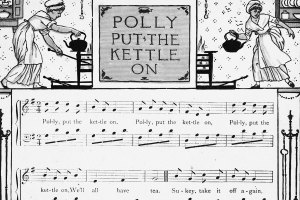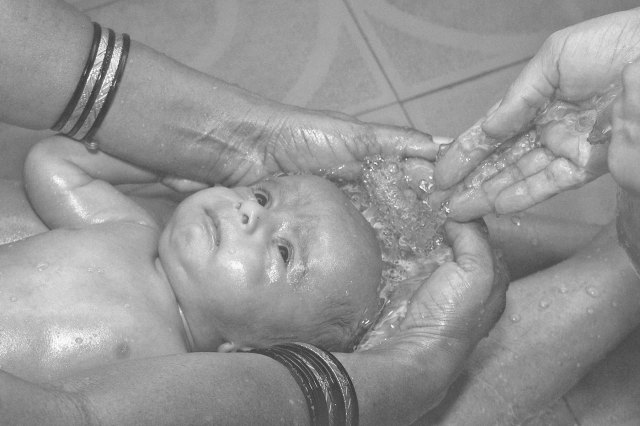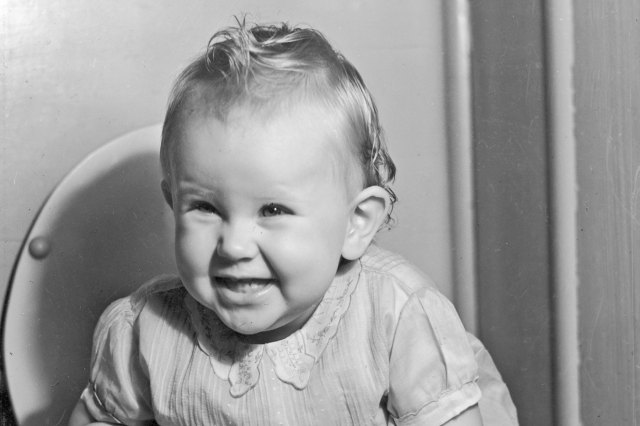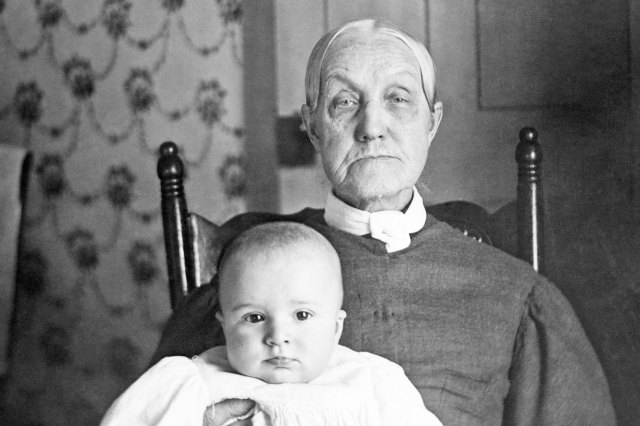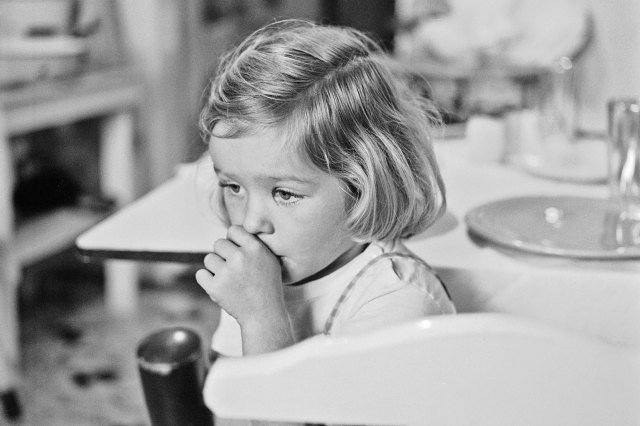Strange Parenting Etiquette From the Past
Being a parent has been a demanding job since the dawn of humanity. While modern-day parents have access to a plethora of parenting resources and tools across social media, blogs, and podcasts, well-meaning — if not entirely well-informed — figures have offered advice about child-rearing for centuries.
Parenting advice became more widespread throughout the 19th and early 20th centuries, when perceptions about childhood began to shift toward the belief that children are entitled to dependence and innocence rather than hard work and responsibilities in their formative years. Most of the advice on taking care of infants and children was morally guided, versus scientifically, and as a result, such advice often sounds strange or even downright alarming by our contemporary standards.
From giving babies alcohol to smearing lard on their skin and denying snacks to older children, here is some of the strangest parenting etiquette from decades past.
A Spoonful of Opium Keeps the Tears Away
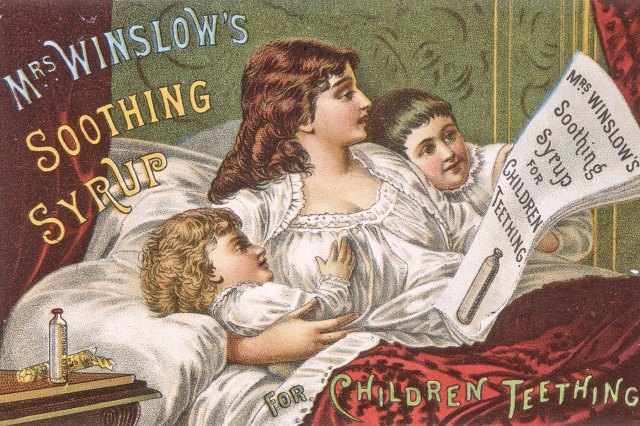
In an era before evidence-based medicine, parents often relied on dubious remedies to treat common childhood ailments. Substances such as Stickney and Poor’s Pure Paregoric syrup and Godfrey’s Cordial were commonly given to babies in the 19th century to relieve gas, soothe teething pain, and treat unexplained fussiness. The secret ingredients? Alcohol and opium.
Mrs. Winslow’s Soothing Syrup was also a popular treatment at the time. The syrup was advertised as a method of pacifying young children, helping with dental hygiene, and alleviating constipation, and it was said to be suitable for babies as young as newborns. While the vibrant marketing featured cheerful imagery of happy babies and mothers, the syrup, a concoction that included morphine and alcohol, resulted in the loss of thousands of children until it was denounced by the American Medical Association in the early 1900s.
These were far from the only bizarre remedies peddled before modern medicine. Many teething treatments contained mercury, even though administering them could result in “pink disease,” which caused discoloration of the skin, sensitivity to light, swelling of the hands and feet, and, in severe cases, neurological symptoms.






